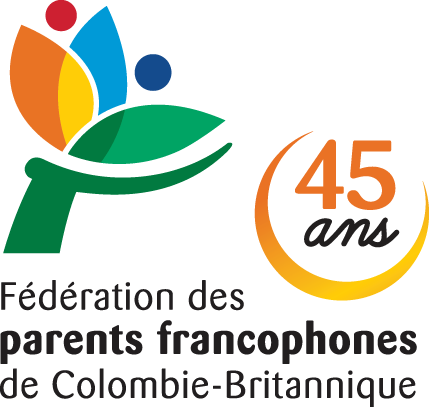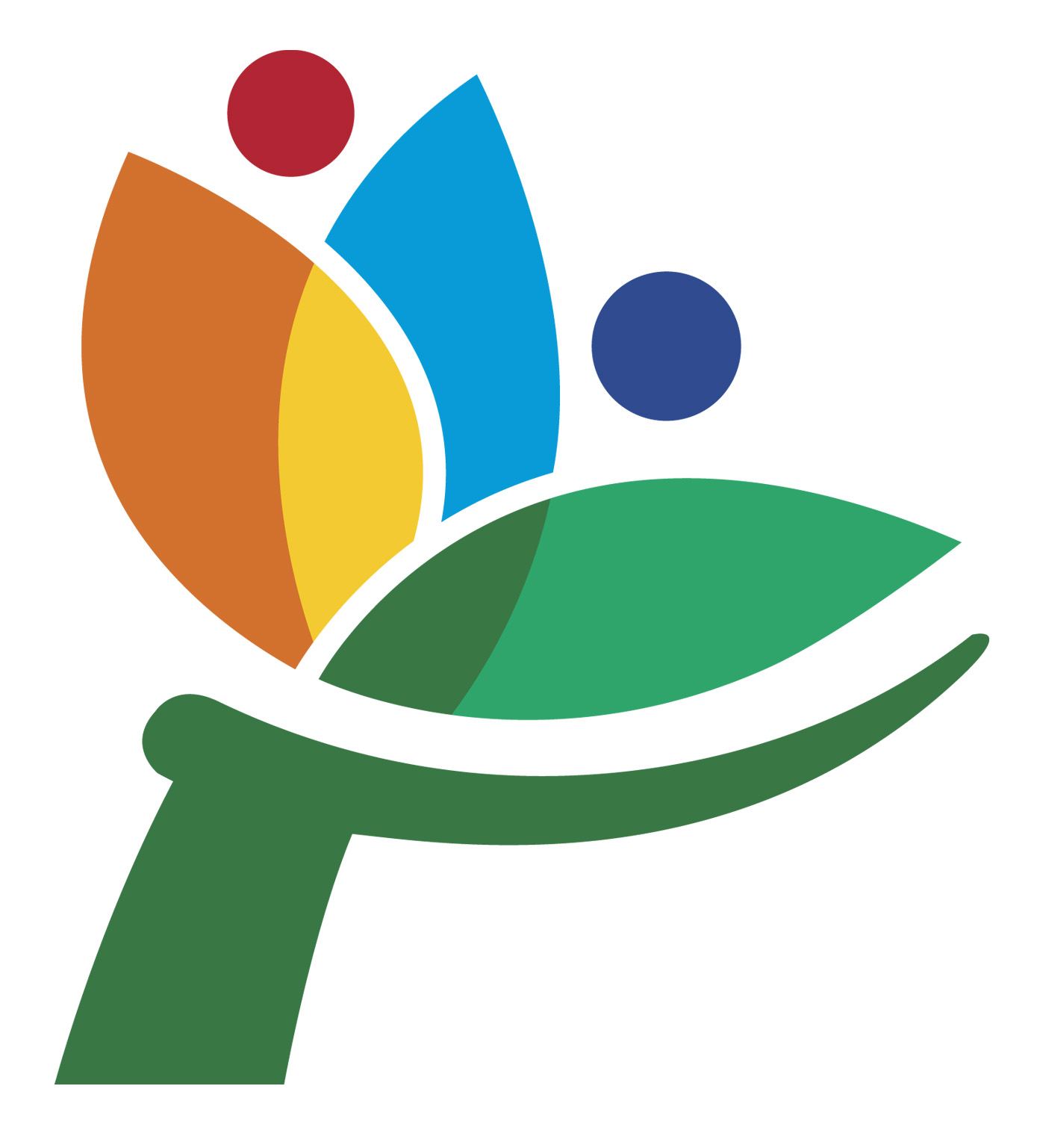Article from Parenthèse published on 18 February 2022, in the Education/Schools, Legal Case category.
Which parents have the right to have their children educated in French in public schools, and where does this right come from?
How did Francophone parents get involved, and how are they involved today, with advancing French-language education in our province?
Learn more about these topics with a short quiz!
You will find the answers in the second part of the text.
------ QUESTIONS -----
1 – The Francophone parents’ movement began more than 40 years ago in B.C., and several important milestones have marked its history.
Can you put the following events in chronological order?
a) Creation of the organization that will become the Fédération des parents francophones de Colombie-Britannique.
b) Creation of the Conseil scolaire francophone de la Colombie-Britannique (CSF).
c) Adoption of the Canadian Charter of Rights and Freedoms, which gives the right to education in French in minority situations.
d) Adoption of the British Columbia School Act.
e) Judgment of the Supreme Court of Canada in favour of the CSF and the Fédération des parents, following a legal case on French-language education in B.C. which lasted ten years.
2 – Section 23 of the Canadian Charter of Rights and Freedoms aims to maintain and enhance the development of Canada's two official languages and the cultures they represent. To this end, it grants Francophone parents the right to an education provided in French in provinces where French is not spoken by the majority.
According to section 23, what does it mean to be a “rights holder” parent? Choose all possible answers.
a) A parent whose first language learned and still understood is French.
b) A parent who received his or her elementary education in French in Canada.
c) A parent who has been educated in a French immersion program.
d) A parent with at least one child who receives or has received instruction in French in Canada.
e) A Francophone immigrant parent who received his or her education in French abroad.
3 – More precisely, what does section 23 of the Charter guarantee to parents who are rights holders? Choose all possible answers.
a) French-language instruction for their children.
b) Public schools.
c) Post-secondary education in French for their children.
d) The management and control of French-language schools by and for Francophones.
e) School infrastructure of equivalent quality to that of the majority.
4 – Francophone schools in minority settings and French immersion programs have different mandatesFrancophone schools actually have a dual mandate; do you know what the two components of this mandate are?(Two answers.)
a) Provide instruction in French to students (academic component).
b) Provide the opportunity to learn about French language and its cultures and to have a functional proficiency in French.
c) Promote the development and vitality of the Francophone community in which the school is located (community component).
d) Prepare students to become bilingual federal employees.
5 – The Fédération des parents francophones de C.-B. has multiple roles with its member associations and with Francophone parents in the province.
Which of the following actions illustrate its mandate? Choose all possible answers.
a) Gather, represent, support, and equip parents in their role as primary educators.
b) Support and equip the almost fifty member associations that make up its network – including the associations of parents of Francophone schools (APÉs) and the parents’ associations that manage French-language preschool centres throughout the province.
c) Deliver hot meals to classrooms.
d) Represent the interests of parents and member associations, and advocate on their behalf before various provincial and national bodies.
e) Organize local community fundraising activities.
------ ANSWERS ------
1 – Here is the chronological order of the events mentioned:
d) 1872: Adoption of The Public Schools Act of British Columbia.
a) 1979: Creation of the Fédération des parents francophones de Colombie-Britannique.
https://fpfcb.bc.ca/?lang=en
c) 1982: Adoption of the Canadian Charter of Rights and Freedoms.
https://laws-lois.justice.gc.ca/eng/const/page-12.html
b) 1995: The Francophone Education Authority is established by regulation. It has jurisdiction over the corridor from Chilliwack to Victoria.
Note: Following a second legal action by parents, the provincial government adopted an amendment to this regulation and gave the Conseil scolaire francophone (CSF) jurisdiction over the entire province as of July 1, 1999.
https://www.csf.bc.ca/csf-eng/history-of-the-csf/
e) June 12, 2020: The Supreme Court of Canada ruled in favour of the CSF, the Fédération des parents francophones de C.-B., and parents who were co-appellants, in the legal action related to French-language education that they brought against the province's Ministry of Education.
https://causejuridique.csf.bc.ca/index.php/homepage/
2 – According to section 23 of the Canadian Charter of Rights and Freedoms, the following categories of parents are “rights holders”: a) a parent whose first language learned and still understood is French; b) a parent who received his or her elementary education in French in Canada; and d) a parent with at least one child who receives or has received instruction in French in Canada.
Notes:
- In British Columbia, a Francophone immigrant parent who received his or her education in French abroad is also considered a “rights holder” parent; however, this category of parents is not listed in section 23 of the Canadian Charter of Rights and Freedoms.
- Having a child who attends or has attended a French immersion program does not give the right to an education in French.
- Section 23 of the Canadian Charter of Rights and Freedoms can be found here: https://www.justice.gc.ca/eng/csj-sjc/rfc-dlc/ccrf-ccdl/check/art23.html
3 – Section 23 guarantees “rights holder” parents: a) instruction in French for their children; b) public schools; d) the management and control of French-language schools by and for Francophones, and e) school infrastructure of equivalent quality to that offered to the majority.
Note: Only instruction from kindergarten to Grade 12 is formally included in section 23; this is not the case for either preschool or post-secondary education.
4 – The dual mandate of the French-language minority school is to: a) provide instruction in French to students (academic component) and c) promote the development and vitality of the Francophone community in which the school is located (community component).
Note: Providing an opportunity to learn about French language and its cultures and to have functional proficiency in French is the mandate of a French immersion school.
5 – The following actions and roles are part of the mandate of the Fédération des parents francophones de C.-B.: a) to gather, represent, support, and equip parents in their role as primary educators; b) to support and equip its member associations; and d) to represent the interests of parents and member associations, and advocate on their behalf before various provincial and national bodies.
Note: To learn more about the mandate of the Fédération des parents francophones de Colombie-Britannique, visit https://fpfcb.bc.ca/vision-and-mission/?lang=en.
Recent article in Parenthèse
-
 Press release : The 3rd Summit on the Transmission of French Language in British Columbia will be held on March 14, 2025 in Victoria.
11 March 2025
Press release : The 3rd Summit on the Transmission of French Language in British Columbia will be held on March 14, 2025 in Victoria.
11 March 2025
-
 The Fédération des parents supports APÉs in their efforts to welcome and integrate parents recently settled in the province
21 February 2025
The Fédération des parents supports APÉs in their efforts to welcome and integrate parents recently settled in the province
21 February 2025
-
 Parental commitment seen from the perspective of parents’ associations
21 February 2025
Parental commitment seen from the perspective of parents’ associations
21 February 2025
-
 The Role of Parents in the Transmission of French in Minority Settings
21 February 2025
The Role of Parents in the Transmission of French in Minority Settings
21 February 2025
-
 Francophone child care centres in British Columbia are in full expansion!
21 February 2025
Francophone child care centres in British Columbia are in full expansion!
21 February 2025
-
 Does your child attend a CSF school and you wonder how we came to have this choice in British Columbia?
20 February 2025
Does your child attend a CSF school and you wonder how we came to have this choice in British Columbia?
20 February 2025
-
 45th Annual General Meeting: A Time for Gathering and Productive Discussions
16 December 2024
45th Annual General Meeting: A Time for Gathering and Productive Discussions
16 December 2024
-
 Surrounded by parents and partners, the Fédération des parents celebrates its 45th anniversary!
16 December 2024
Surrounded by parents and partners, the Fédération des parents celebrates its 45th anniversary!
16 December 2024



